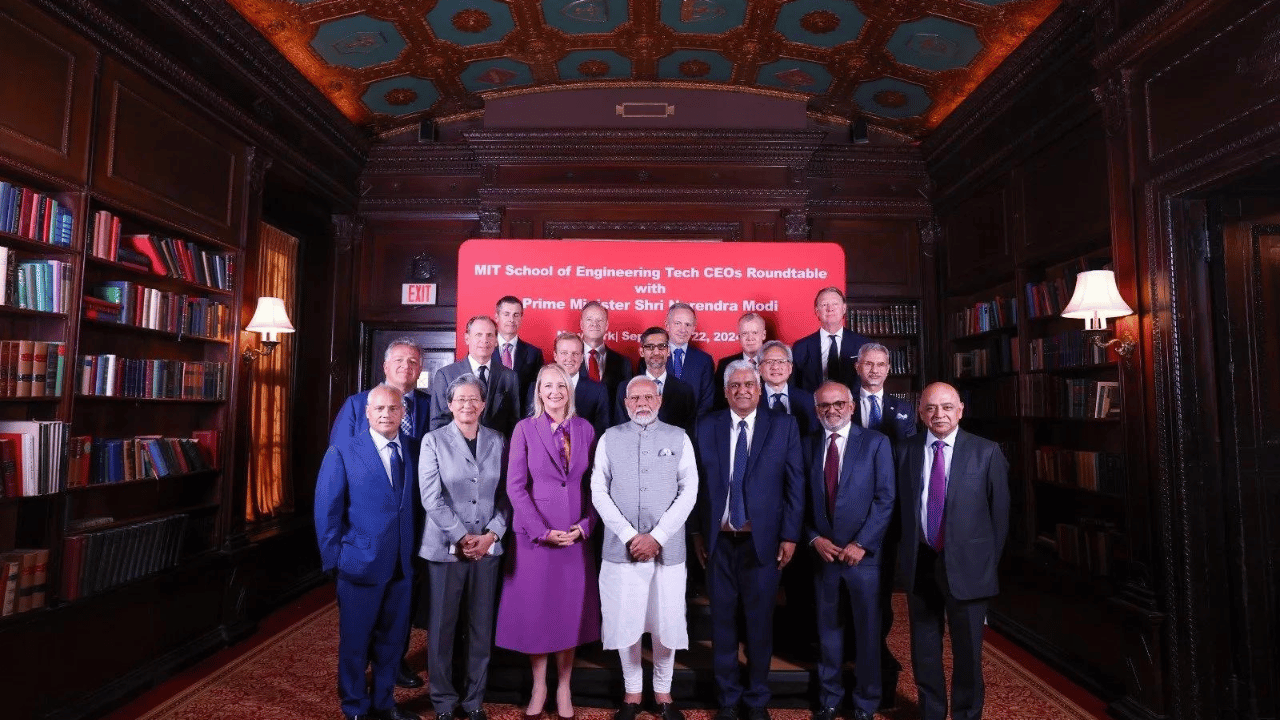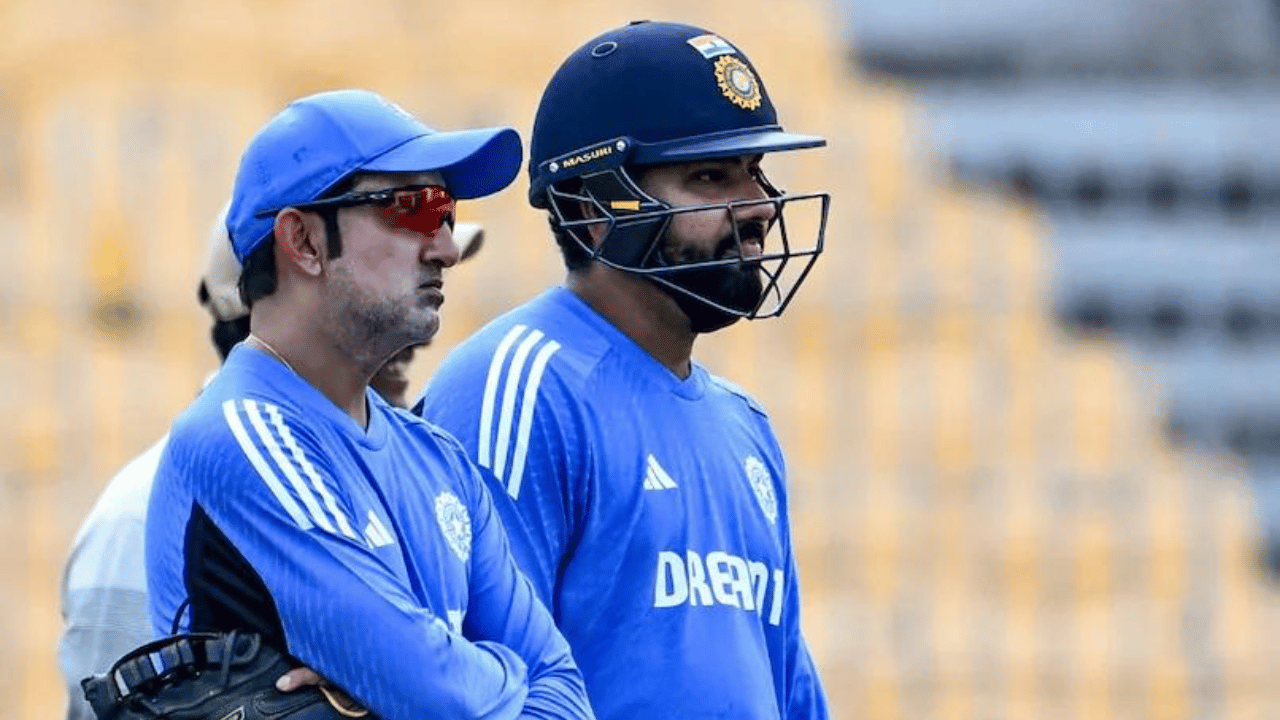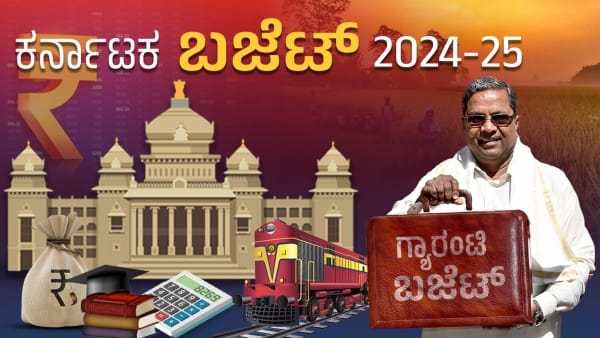
Karnataka Budget 2024:It is predicted that the overall revenue receipts for the fiscal year 2024–25 will be ₹2,63,178 crores, compared to the expenditure of ₹3,71,383 crores. Of these, the state is anticipated to get ₹1,89,893 crores from taxes and ₹13,500 crores from non-tax revenue sources. The Indian government would transfer a projected ₹44,485 crore as tax devolution, and an additional ₹15,300 crore is anticipated as grants-in-aid. In addition to these revenue receipts, there are projected to be ₹1,05,246 crores in total borrowing, ₹38 crores in non-debt capital receipts, and ₹213 crores in loan recovery. The budget for 2024–2025 estimates total receipts at ₹3,68,674 crores.
This is the revenue deficit budget, with a projected ₹27,354 crore shortfall. During the COVID-19 pandemic, the state’s budget lost money; but, in 2023, adjustments were made, and the revenue deficit has decreased.”
More about Karnataka Budget 2024
According to the sources, this may be the first time that more than ₹1 lakh crore has been borrowed for a single financial year. The state’s overall debt is estimated to be ₹6.65 lakh crore, or 23.68% of GDP. For 2024–2025, the projected fiscal deficit amounts to ₹82,981 crore, or 2.95% of GDP. Karnataka Fiscal Responsibility Acts, 2022, both come inside the required threshold.
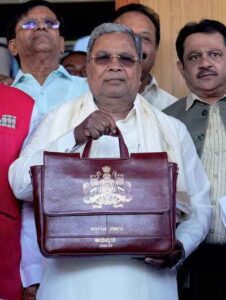
The expected total spending for the fiscal year 2024–25 is ₹3,71,383 crore, which is divided into three categories: revenue expenditure (₹2,90,531), capital expenditure (₹55,877 crore), and debt repayment (₹24,974 crore). Both capital expenditure and debt payments have increased from the ₹54,374 crore and ₹22,441 crore of the previous budget, respectively.
“Chief Minister Siddharamaiah has not increased any taxes in his Karnataka budget, although he has set higher revenue targets than last year. However, he said, ‘To make the tax slabs reasonable and competitive with neighboring states, the tax slab for IMFL and beer will be revised.'”
Karnataka Budget 2024: The Union Finance Minister unveiled the state budget on February 1st, with a focus on the advancement of electric vehicle manufacturing and infrastructure for charging them.”
“In his budget speech on February 16th, Chief Minister Siddaramaiah stated that to promote electric vehicles and environmental technology, the Karnataka government has proposed to establish approximately 2,500 EV charging stations across the state under a public-private partnership model.”
“The Chief Minister declared, “2,500 electric vehicle charging stations will be set up under a public-private partnership to encourage electric vehicles in the state.”
“In addition to EV charging stations, the government has also proposed to invest Rs. 35 crore in partnership with electricity supply companies to establish 100 charging centers.”
Read also: Karnataka Budget 2024: Allocation of Rs. 150 crores for new animation and gaming policy.”
“The announcement of the state budget comes a month after the Union Finance Minister stated on February 1st that the government would focus on the development of EV manufacturing and charging infrastructure.”
“Karnataka Budget Unveils Ambitious Textile Policy Targeting 200,000 Job Opportunities”
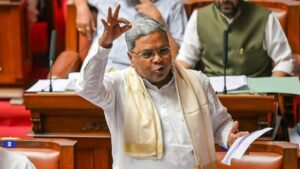
Rahul Gandhi, the leader of the Congress, had vowed to create a Jeans Park in Ballari and make the city the epicenter of Indian jeans before the Karnataka elections.
A new textile policy for the growth of the apparel and weaving industries in Karnataka state is being developed by the state government of that state between 2024 and 2029. In his budget speech, Karnataka Chief Minister Siddaramaiah stated, “We hope to create 2 lakh jobs through this policy along with an investment of Rs. 10,000 crores.” Additionally, this approach will increase job and investment prospects. Under the PPP concept, a huge textile park is being built on 1,000 acres of land in the Kalaburagi district of North Bengaluru with the assistance of the state and federal governments. According to Siddaramaiah, “one lakh direct jobs and two lakh indirect jobs are anticipated to be created by the park. For this project, an additional 50 crores will be granted for basic infrastructure.”

